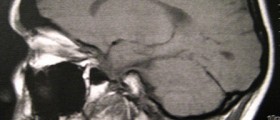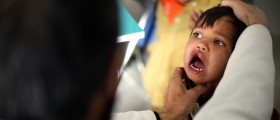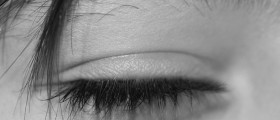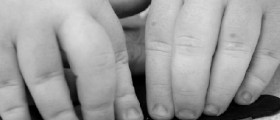
More than 4000 babies are born deprived of their sense of hearing. Moreover, more than 50% of these cases are related to genetics. Yet, not all cases of hereditary hearing loss takes place congenitally. Rather, some cases develop in time and result in a hearing loss appearing at an older age.
Facts about Genetically Triggered Deafness
Medically known as genetic sensorineural hearing loss, this condition encompasses a wide-range of various disorders manifesting in babies, small children and grown up individuals. All people who face hearing loss may experience it on either one ear or both, ranging from mild, over medium to severe. Additionally, in some cases, the hearing loss may take place at an older age, even though it is genetically caused.
The Mystery behind Hearing Loss and Genetics
Even though genetics, as a medical branch, has undergone vast growth and development recently, many secrets behind these aspects of our existence are still a mystery. However, we know that hearing loss, when triggered by genetic factors, can be any of numerous known types of this condition.
Furthermore, it may show patterns of recessive or dominant hearing loss, or affect an individual due to a sex-linked inheritance. Alternatively, both cellular and mitochondrial DNA mutations may result in hearing loss. Nevertheless, hearing loss may be triggered and increased by some external factors such as long-term exposure to noises or the “wear and tear” effects of aging.
As the human race grows older itself, numerous new cases of genetic hearing loss appear, with various new and unexpected genes being involved in the process. Many times, protein dysfunction leads to hearing loss and may be involved in molecular-physiologic processes of potassium and calcium as well as numerous other actions which happen in the body.
Statistics related to Hearing Loss and Genetics
Today, 28 million Americans are affected by hearing loss. Out of that number about 17 in every 1000 children and adolescents have impaired hearing or suffer from deafness. Hispanic Americans and societies which are poorer are a risk group, mostly due to inadequate health care.
Genetic hearing loss most commonly affects small children and takes up to 60% of cases. On the other hand, non-genetic cases of hearing loss appear later and are triggered by various other factors.
As we grow older, our chances of suffering from hearing loss increase. In fact, out of every 1000 individuals older than 65, 314 will suffer from hearing loss, on average. Naturally, genetic predisposition plays a very important role here as well.
Finally, as far as the rest of the world is concerned, about 70 million of people are deaf. Here, many different aspects influence these numbers, from race, age and geographical location to health status. Illnesses also play an important part in the genesis of hearing loss.

















Your thoughts on this
Loading...